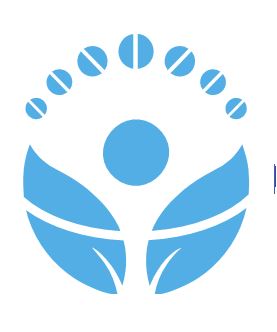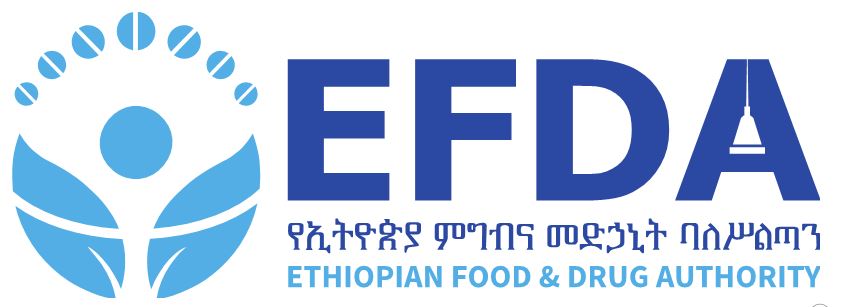Medication error is one of the main causes of drug related injury or Adverse drug event. It is any preventable event that may cause or lead to inappropriate medication use or patient harm while the medication is in the control of the health care professional, patient, or consumer. Such events may be related to professional practice, health care products, procedures, and systems, including prescribing; order communication; product labeling, packaging, and nomenclature; compounding; dispensing; distribution; administration; education; monitoring; and use. Medication errors consist of the administration of medicine or dose that differs from written order and includes— • Medicine prescribed but not given • Administration of a medicine not prescribed • Medicine given to the wrong patient • Wrong medicine or IV fluid administered • Wrong dose or strength given • Wrong dosage form given • Medicine given for wrong duration • Wrong preparation of a dose (e.g., incorrect dilution) • Incorrect administration technique • Medicine given to a patient with known allergy • Wrong route of administration used • Wrong time or frequency of administration The National Pharmacovigilance center monitors medication errors in addition to Adverse drug reactions and product quality defects through the help of reports obtained from health providers.
- Home
- About Us
- News and Events
- Services
- Publications
- Directorates
- Director General
- Medicine Sector Deputy Director General
- Food Sector Deputy Director General
- Medical Device Sector Deputy Director General
- Chief Executive Officer
- Basic Service Executive Officer
- Competence & Human Resource Management Executive Officer
- Information & Technology Executive Officer
- Organizational Change Management Executive Officer
- Procurement & Finance Executive Officer
- Strategic Affair Executive Officer
- Women & Inclusive Social Affair Executive Officer
- Branch Office Head
- COVID19
- Public Information
- Announcement
- Contact
PV Newsletter V2 issue 2
You are here:
- Home
- Publication
- PV Newsletter V2 issue 2



